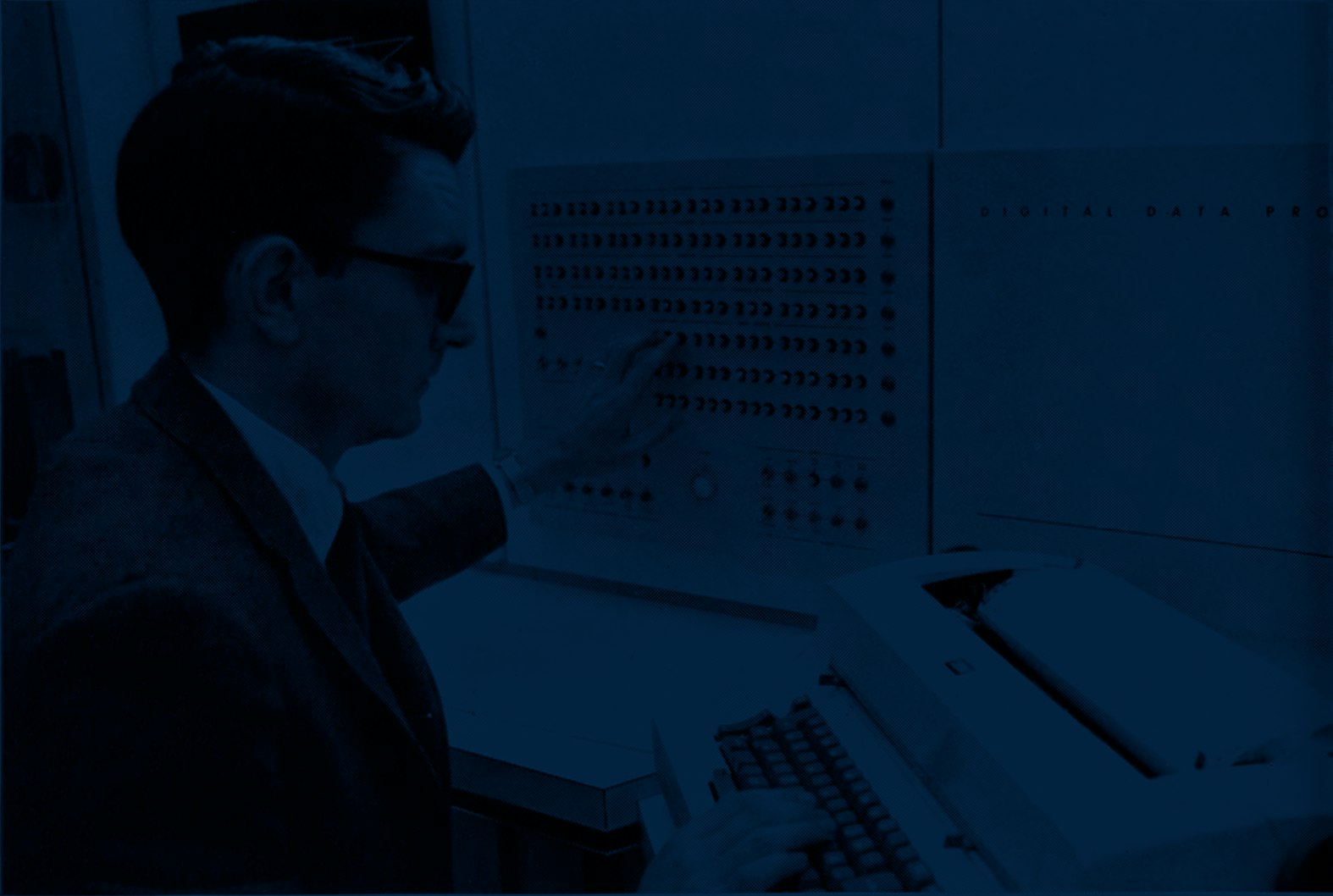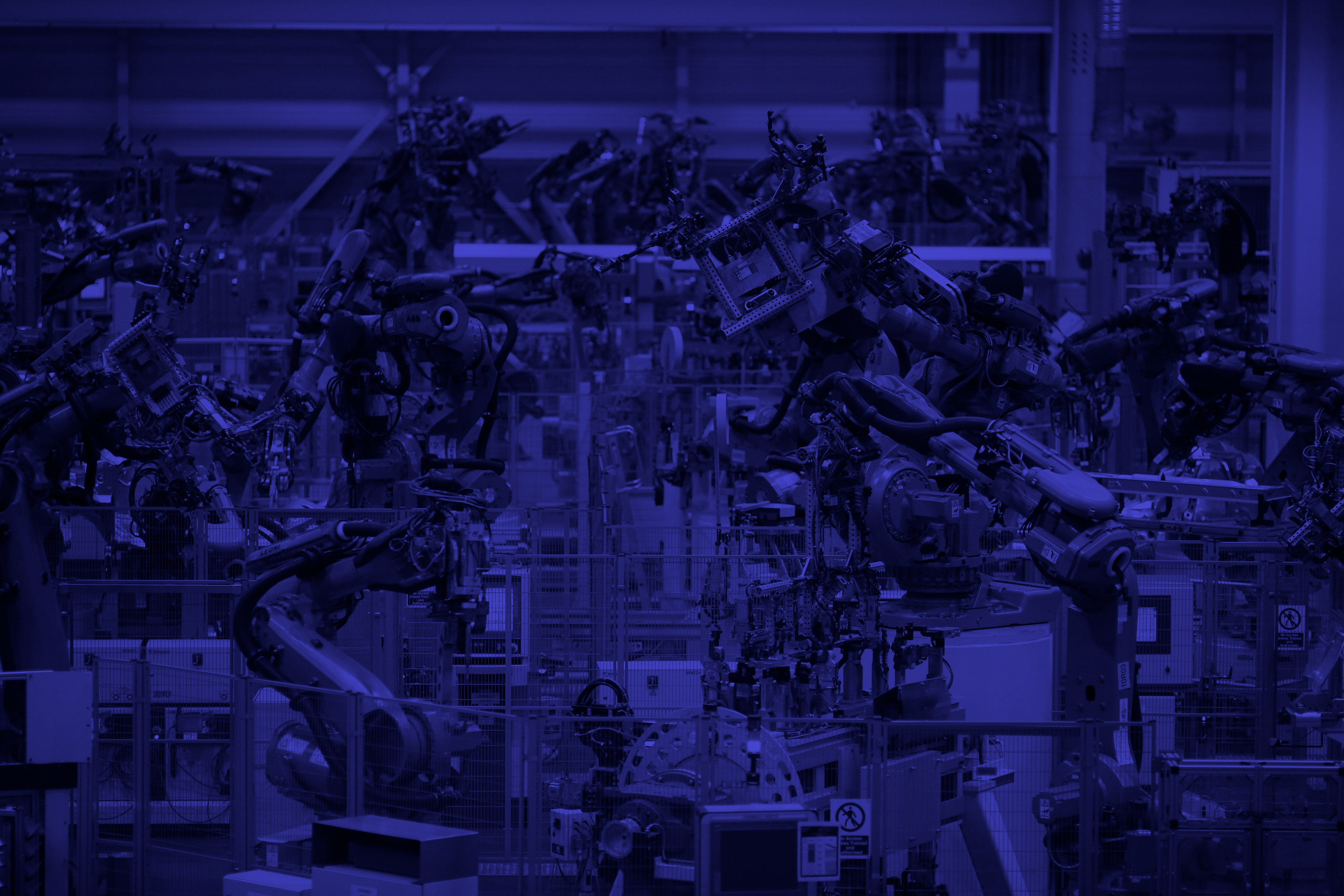A Tokyo-based personal insurance company announced it will replace 34 workers in its claims department with an artificial intelligence system based on IBM’s infamous Watson.
The system “will be tasked with reading medical certificates written by doctors and other documents to collect information necessary for making payouts, such as medical histories, length of hospital stays, and surgical procedure names,” according to an English version of an article in the Japanese daily The Mainichi.
“Artificial intelligence” is a slippery term that can mean everything from personal assistants like Siri, to the natural language processing done by Google, to systems modeled on the human brain that can teach themselves new skills by processing large amounts of data. In this case, the tasks that will be done by the Watson-esque system that is replacing workers at Fukoku Mutual Life Insurance Co. don’t sound much different from a typical computer program: scan for keywords, find values, check lookup tables, input all that information into an algorithm, spit out a recommendation. The final decision will be made by a human employee.
More sophisticated systems are on the way, however, and market researchers expect to see AI creeping into customer service and higher-level aspects of insurance.
“AI’s initial impact primarily relates to improving efficiencies and automating existing customer-facing, underwriting and claims processes,” Price Waterhouse Cooper said in a report about AI in insurance. “Over time, its impact will be more profound; it will identify, assess, and underwrite emerging risks and identify new revenue sources.”
“Most importantly of all, more and more losses are and will continue to be prevented.”
The use of AI will make insurance more personalized, Price Waterhouse Cooper rosily predicts, by working in granular data about individual customers. The AI will be able to ask customers in-depth questions about their habits and other risk factors, analyze photos of crashes, attune itself to patterns that suggest fraudulent claims, and factor in readings from “internet of things” appliances and trackers that upload data to the internet in real time (an odometer that sends your speeding habits to Geico, for example, or a smoke detector that tips your home insurance that you keep forgetting to turn the stove off).
There is a lot of hype around artificial intelligence, and corporations tend to stretch the concept to make whatever they’re doing sound sexier to shareholders. The bigger story may simply be that computers are making insurance more precise, which sounds good, and less human, which sounds scary — especially in a sector that profits off the fear of crisis.
Allstate has a chat bot, the Allstate Business Insurance Expert, that leads customers through getting a quote. AIG invested in a company that sticks wearable trackers on workers in order to track safety. Financial insurance provider Manulife is partnering with an AI company to train a system to read news and emails for unclear reasons. Chinese giant Baidu said it is already using AI systems to discover patterns that can be used in insurance underwriting.
“Claims processes are becoming a lot more efficient, fraud will likely be caught more often, and most importantly of all, more and more losses are and will continue to be prevented,” AIG’s head of analytics told researchers at Insurance Nexis.
The idea of eventually removing all human empathy from insurance claims decisions is daunting. However, situations that demand insurance keep arising. Cybersecurity insurance is hot now, for example, but there isn’t as much data available to assess risk. New insurance products could potentially come to market faster with the help of AI-like computer systems. Big insurance companies tend to be conservative, however, and there is some liability involved in replacing licensed employees with computers, so expect this change to continue at its current crawling pace.
Correction: An earlier version of this story said Fukoku's system would cost $200 million. In fact it is 200 million yen, or about $1.7 million USD. Thanks to Quartz's Dave Gershgorn for pointing out the error.




